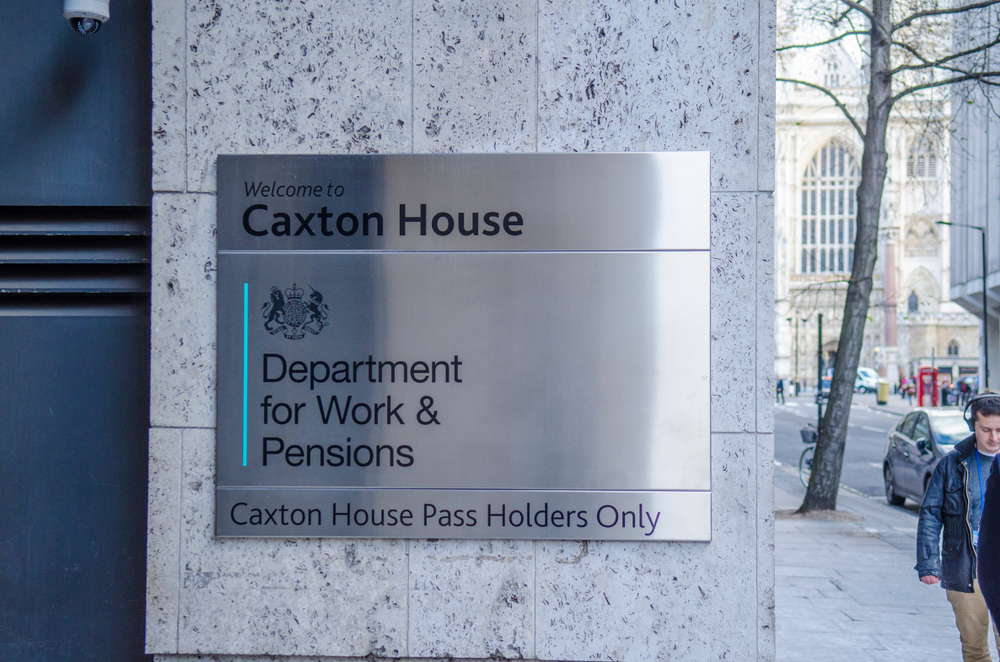The trustees of the BT, Ford and Marks & Spencer (M&S) pension schemes are set to take the Chancellor, Rishi Sunak, to judicial review over the decision to change the way the Retail Price Index (RPI) is calculated.
The court case to decide whether the decision could be reversed is being heard tomorrow (22 June).
It centres around the government’s plans to align RPI with the Consumer Price Index including owner occupiers’ housing costs (CPIH) no earlier than February 2030.
Industry experts have previously warned that the reforms could cost savers and investors up to £122bn and impact up to 10 million DB members, whilst also leaving pension schemes around £80bn worse off.
Barnett Waddingham noted that, owing to the different calculation methods, RPI is expected to result in higher inflation figures than CPIH.
Last month, RPI was 11.1 per cent and CPIH was 7.8 per cent.
Barnett Waddingham added that the change arguably worsened the funding positions of many ‘well-run pension schemes’ and resulted in lower incomes for those on RPI-linked pensions.
The legal case challenges whether the UK Statistics Authority (UKSA) and the Chancellor have the power to change RPI in this way and whether they properly applied their powers.
Analysis from Barnett Waddingham partner, Ian Mills, estimated that there was over £400bn of RPI-linked government debt outstanding, and holders of this debt would stand to benefit if the decision is reversed, or compensation is paid.
He noted that if the judicial review is successful, there could be a range of outcomes: The UKSA and the Chancellor could be asked to consider the decision again, potentially leading to a similar result; the changes made to RPI might have to be reversed; or the UKSA presses on with the changes to the RPI but the Chancellor might be forced to pay compensation of £40bn to holders of RPI-linked bonds.
“The changes to RPI announced in 2020 were not universally popular but the market expects them to go through in 2030 and has been operating under that assumption since then. If the court’s decision leaves any doubt then this could affect the smooth operation of the market, potentially pushing up the government’s cost of borrowing,” Mills noted
“The court case being heard on 22 June is a late attempt to reverse the referee’s decision; it is not expected to succeed.
“If the lawyers do succeed, then this could lead to a boost to some pensioners, with the cost being picked up by pension schemes. Or it could mean payments to bondholders, but at the expense of the taxpayer.
“If compensation is paid then this would significantly improve pension scheme funding levels, but at a colossal cost to the taxpayer - the compensation figure could be greater than the UK’s annual defence budget.
“It’s likely that the sharp rise in energy prices will mean that, whichever method is used, pensioners are likely to find their income isn’t keeping pace with their outgoings. So with inflation at multi-decade highs what seems like statistical sleight of hand will be of little consolation to pensioners who are currently struggling to make ends meet.
“Many pension schemes would benefit from a reversal of the decision – they would expect their inflation-linked gilt holdings to appreciate whilst their CPI-linked pensions would be unaffected. This could meaningfully improve funding positions.
“However, some other schemes (those with RPI-linked pensions and who have decided not to hedge their inflation risks) could suffer further. Rising inflation will already have damaged the funding position of these schemes, and reversing the decision would add further pressure on their funding positions.”
Latest News
-
Govt urged to prioritise pension policy stability in Spring Statement
-
Just Group underlying operating profit falls by 39%
-
Employers warned modest pension defaults risk worsening adequacy gap
-
Aegon updates modelling tool to help members benchmark retirement needs
-
News in brief - 27 February 2026
-
PPF levy to remain at zero for 2026/27
Private markets – a growing presence within UK DC
Laura Blows discusses the role of private market investment within DC schemes with Aviva Director of Investments, Maiyuresh Rajah
The DB pension landscape
Pensions Age speaks to BlackRock managing director and head of its DB relationship management team, Andrew Reid, about the DB pensions landscape
Podcast: From pension pot to flexible income for life

Podcast: Who matters most in pensions?

In the latest Pensions Age podcast, Francesca Fabrizi speaks to Capita Pension Solutions global practice leader & chief revenue officer, Stuart Heatley, about who matters most in pensions and how to best meet their needs
© 2019 Perspective Publishing Privacy & Cookies










Recent Stories